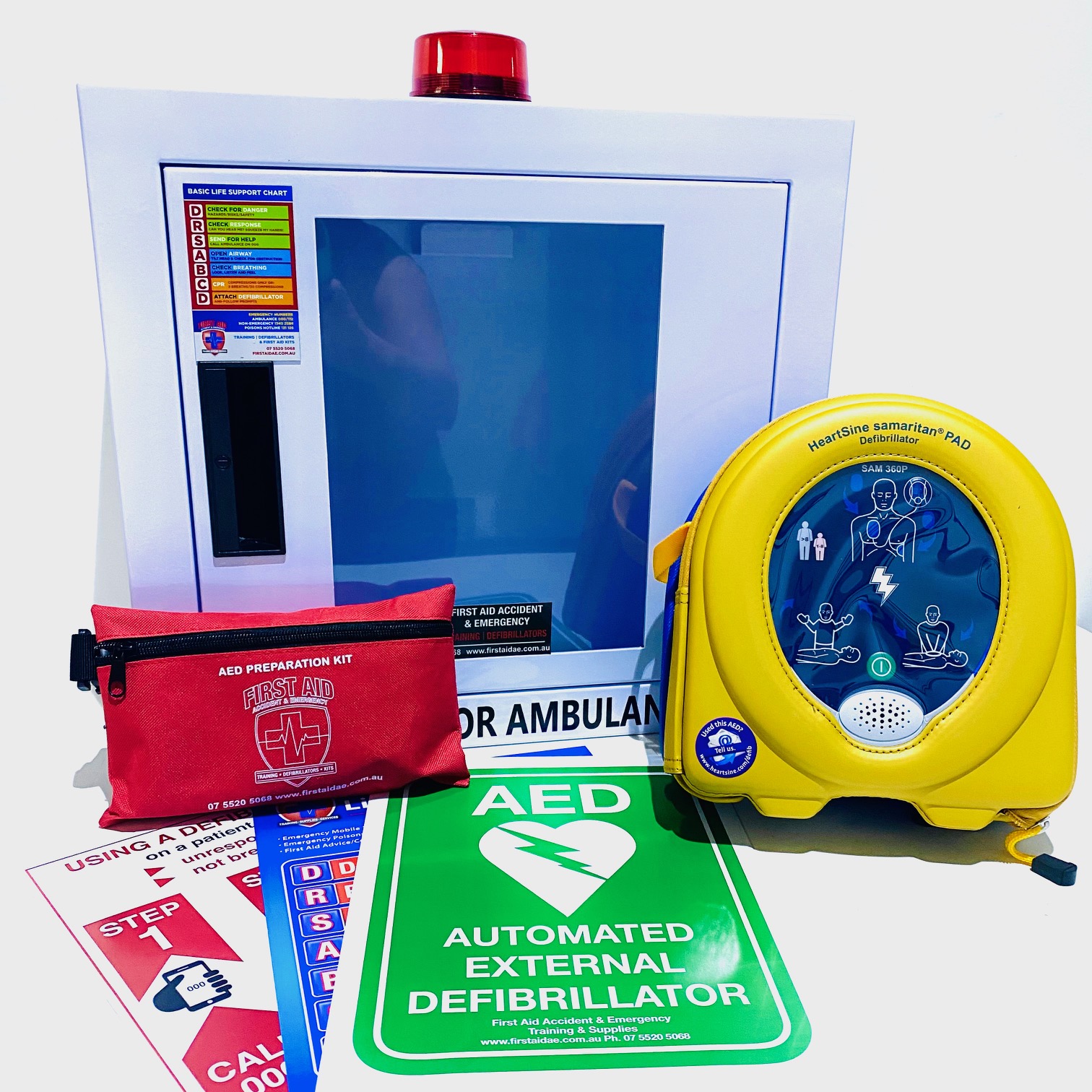South Australia Defibrillator Mandate

South Australia Defibrillator Mandate:
South Australia Leads the Way with Groundbreaking Defibrillator Legislation
South Australia Defibrillator Mandate has been introduced, the Automated External Defibrillators (Public Access) Act 2022, a landmark piece of legislation designed to dramatically improve survival rates from sudden cardiac arrest (SCA). This first-of-its-kind law in Australia requires the installation of Automated External Defibrillators (AEDs) in a wide range of public, private, and commercial spaces to ensure timely access to life-saving equipment when every second counts.

Where AEDs Will Be Required in South Australia
Under the new legislation, AEDs must be installed in the following settings:
- Public Facilities: Schools, universities, libraries, swimming pools, theatres, sporting grounds, local council buildings, correctional centres, and police custody sites.
- Private & Commercial Properties: Shopping centres, aged care homes, retirement villages, and commercial premises larger than 600m².
- Residential Complexes: Certain apartment buildings and residential parks.
- Entertainment & Gaming Venues: Casinos and approved gambling locations.
- Public Transport: Trains, trams, and buses must be equipped with AEDs.
- New Construction Projects: Any new commercial buildings over 600m², or major renovations starting from January 1, 2026, must include AED installations.
Key Compliance Dates & Requirements for the South Australia Defibrillator Mandate
All applicable facilities and premises must comply with the AED Act by January 1, 2026. Key requirements include:
- AED Ratios: One AED is required per 1,200m² of space.
- Annual Maintenance: AEDs must be inspected and tested at least once every 12 months.
- Registration: All AEDs must be listed on the official South Australian AED Register.
- Penalties: Non-compliance can lead to fines of up to $20,000 AUD.
Why This Matters
Sudden cardiac arrest affects over 30,000 Australians each year, with survival rates under 10%. Immediate access to an AED can double or even triple a person’s chance of survival. Research shows that with better public access, at least two additional lives could be saved each week.
Inspired by international success stories—like Singapore’s AED mandate in all taxis and Victoria’s rollout of 1,500 community AEDs—South Australia’s initiative is expected to set a national precedent.
Legislation sponsor Frank Pangallo stated, “The statistics paint a very disturbing, very deadly picture. This legislation will save lives.”
State AED Register & Mobile App
The Act also mandates the development of a statewide AED register, managed by the Minister for Health and Wellbeing. A dedicated mobile app will allow the public and emergency responders to quickly locate nearby AEDs during an emergency—ensuring faster response times and better outcomes.
First Aid Accident & Emergency have you covered
All our defibrillator bundles are fully compliant with the South Australian Defibrillator Mandate and include the following features:
-
Automated Maintenance Schedule: Ensures your AED remains in optimal working condition.
-
Mounting Options: Choice of wall-mounted cabinet or secure carry case bundle.
-
Mandatory AED Signage: Clear and compliant signage for visibility and accessibility.
-
Online Staff Training: Convenient, accredited training to equip your team with life-saving skills.
Our AED Bundles are designed to support full compliance, ease of implementation, and peace of mind.
Shop Defibrillators Now
What This Means for Property Owners and Operators
If you own or manage a commercial, residential, or public facility in South Australia, now is the time to prepare. Steps to take include:
- Reviewing your site to determine AED requirements.
- Budgeting for AED purchase and installation.
- Scheduling regular maintenance.
- Registering your AEDs with the state database.
For full compliance details and updates, visit:
sahealth.sa.gov.au
lawhandbook.sa.gov.au

 Construction Defibrillator Bundles
Construction Defibrillator Bundles